Plan a focused day: when you want to explore moscows Jewish heritage, start at the nikolai gateway and walk a heritage site circuit through neoclassical facades, then finish at the polyakov route, where kosher cafes await.
Choose a guided stroll that highlights 人生 in the community and サイト architecture; the routes are popular with families, students, and locals, like many urban heritage walks. The experiences are equipped with multilingual commentary, maps, and QR scans for deeper context; you’ll discover moscows Jewish heritage across synagogues, the Jewish Museum, and cultural centers. The neoclassical surroundings help you compare eras comparatively and understand how the community integrated into city life.
Book a customizable package that includes entries to two synagogues, a museum stop, and a hands-on workshop about kosher dietary laws; this option is popular with groups and individuals alike, with organized itineraries, handy transit tips, and flexible timings. For families and professionals visiting moscows, this plan shows how history and daily life intertwine in a compact, engaging itinerary.
Plan Your Visit: Hours, Fees, and Access at Moscow Synagogues
Check the official site for current hours and book a guided tour in advance if you travel with a group. This direct step helps you see the main sites without delays.
Hours, Access, and Guided Tours
Hours differ by site. Currently, many centers are open Tue–Sat from 10:00 to 16:00; some offer late programming, and others close on Jewish holidays. On Shabbat, expect closures from Friday evening through Saturday night. Entry to worship spaces is usually free or requested as a modest contribution, while museums attached to centers charge about 300–900 RUB for adults; discounts apply for students, seniors, and some groups. If you need a quieter moment, aim for morning hours when crowds are lighter. For a group, book at least two weeks ahead to secure a guide and a preferred time; some tours are led by a rabbi or trained docent. If you arrive from a pereulok in central Moscow or from the peredelkino area, plan extra time for entrances and security checks. Some sites are famous for their architecture and for presenting memory of the holocaust across parts of the city.
Practical Tips: Fees, Policy, and Accessibility
Access varies by site; some entrances have ramps, others steps. Upon arrival, present your booking confirmation and follow the posted directions to the main platform or lobby. Photography policy differs by site; ask staff if you plan to take photos. Dress modestly in worship spaces as a sign of respect for the community and tolerance. Exhibits cover the fate of communities and include case materials about sobibor and other camps to educate visitors. Your everyday contribution supports museums and centers that provide learning throughout Moscow. Later, you can extend your visit by exploring nearby churches and other historic sites, enjoying a broader view of the city’s cultural mosaic. If you need more practical details, consult the site’s policy section or contact the administrator directly; they provide updates upon request and can tailor a program for school groups or corporate events. Materials are provided upon request.
Top Museums: Opening Times, Highlights, and Ticket Tips
Start with the Moscow Jewish Museum and Tolerance Center to get an efficient overview; the museum is housed in an attached building that forms part of a traditional complex near several synagogues in central Moscow. The exhibits trace the history of Moscow’s Jewish communities across medieval, tsarist, and modern periods and provide context for current cultural activities. Even bankers can fit a brief stop between meetings. The route connects centers across moscow.
Opening Times and Access
Opening times vary by location, but most sites run 10:00–18:00, with some halls staying open until 19:00 on weekends. Verify holiday changes on the official site the day before your visit. Tickets are often available online, which also allows you to reserve a seat for a guided tour. If you plan a compact route, consider a 2–3 hour program that moves you between centers and galleries via the main entrances and accessible corridors. For a smoother outing, use the metro or bus connections between venues; many venues offer ramps and elevators to accommodate different needs. Guided routes take you through galleries throughout the center.
Highlights and Ticket Tips
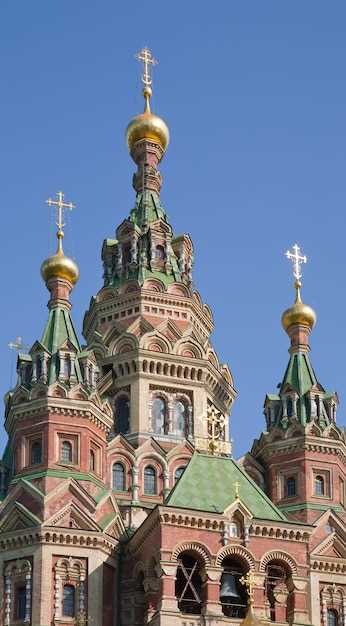
Highlights include preserved ritual halls, medieval manuscripts, and multimedia displays that illuminate the history of Moscow’s Jewish communities across periods. The collections are housed in numerous centers, with famous pieces such as ceremonial objects, Torah scrolls, and historical photographs that connect traditional life with modern culture. When it comes to tickets, online purchase saves time; look for bundled passes that cover several museums, and check for rights-based discounts for students and seniors. If you plan another museum stop, a single pass may provide access to another center nearby, making it easy to extend your cultural tour.
Cultural Centers: Ongoing Programs, Classes, and Community Events
Join the Educational Pathways program at the Moscow Jewish Cultural Center to learn through hands-on classes and meaningful conversations. This weekly series welcomes beginners and advanced students alike, with sessions running through the year.
Most offerings run through classical music, educational history, and language classes, all designed to deepen understanding while welcoming participants from every background. Instructors are dedicated and bring practical activities that fit both families and solo learners, significantly expanding access.
In the enclosed courtyard and the restored buildings, you will find hands-on activities in a 60-seat theater and several rooms for workshops, storytelling, and rehearsals, with short breaks between sessions to refresh.
Open houses, Sabbath gatherings, and interfaith dialogues form a core of community events that strengthen tolerance. These efforts safeguard the fate of local tradition.
An instrumental volunteer team supports Saturday workshops, with a banker by day guiding financial literacy circles and mentorship for aspiring artists.
Cost transparency helps planning: eight-week cycles often cost around 1,200–1,500 rubles, significantly less than private lessons, with scholarships available for families in need. To broaden your experience, add another class like a theater lab or language club, which offers practical skills and opportunities to connect through joint projects.
The network of centers forms an empire of learning that ties together synagogues, museums, and cultural centers across the city. Sign up for a trial session to feel the atmosphere and start building a consistent routine that can become a home away from home.
Architectural Gems: Jewish-Influenced Buildings and Their Histories
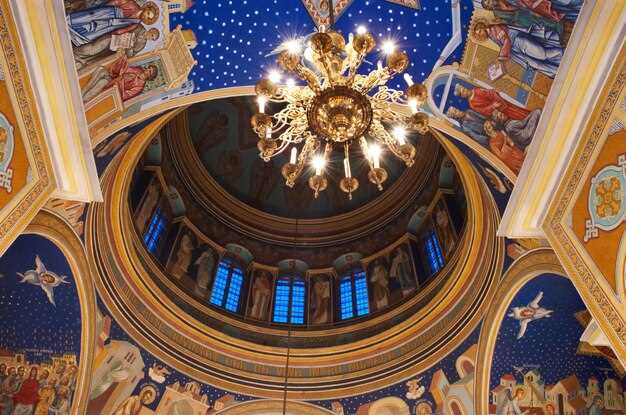
Start with a focused two-hour route in the tverskoi area: visit the Moscow Choral Synagogue’s exterior and a nearby cultural venue, then take the metro to a second site. Comparatively modest in scope, these spaces reveal life in their public lobbying areas, with a dedicated lobby welcoming visitors, kosher facilities nearby, and several details that speak to everyday life in construction-era Moscow.
-
Moscow Choral Synagogue complex – The brick facade blends neo-Byzantine and Moorish-inspired motifs, while the lobby greets visitors with tall arches and polished surfaces. Construction in the early 20th century reflected a growing urban Jewish life; the site remains a dedicated space for worship and study, with kosher options nearby and areas where life unfolds beyond services.
-
Jewish Museum and Tolerance Center – A modern building that contrasts with older houses of worship, combining brick, glass, and metal accents. The foyer opens onto a broad platform that guides visitors into galleries telling personal and communal stories. The current exhibit program uses multimedia to connect history with present-day experiences, and the site sits between busy city streets and quiet courtyards, making a convenient stop for a current tour of the area.
-
Historic community hall – A late-19th-century structure restored to reveal its original decorative motifs and functional layout. The interior shows how construction choices supported daily work and gatherings, with arched windows and simple ornamentation that reflect Jewish influence in the neighborhood. Those details point to a period when community life was sustained through small-scale programs, clubs, and shared spaces that remain meaningful today.
Between the central sites and a suggested detour toward peredelkino, you can take a broader look at Moscow’s creative layer. A small writer’s club in that area hosts occasional talks led by nikolai, offering another angle on how architecture shapes memory and life. This parallel thread enhances the overall experience, inviting you to compare tangible forms with the stories behind them while planning another quick stop to the area’s kosher cafés and quiet courtyards.
One-Day Route: A Practical Jewish Heritage Itinerary for Moscow
Start at the Jewish Museum and Tolerance Center to set the tone today. The design of the exhibitions links language, mutual understanding, and daily practice, showing how moscow’s Jewish community keeps culture alive in working life and city streets.
Then head to the central synagogue area and the nearby 19th‑century buildings built by merchants tied to isaac polyakov; down these avenues you spot the footprints of families who funded schools and mutual aid networks.
Pause at labovskaya street to observe the compact working courtyards and a small museum that keeps lazar and lubavichi connections alive in the city. having faced many changes, these spaces blend language, faith, and memory.
Lunch unfolds at a kosher cafe near lubavichi heritage sites, where you can sample traditional dishes and hear guides discuss how neighborhoods foster tolerance and mutual respect today.
Afternoon visit to a cultural center that documents soviet-era shifts and post-soviet revival. The chief curator leads a concise talk; the provided materials clarify how communities rebuilt their cultural life, and how the old limits have gone, turning history into living experience.
In the late afternoon, stroll along the riverfront for a moment of silence and reflection. The path connects built, historic sites with contemporary life, letting you feel the texture of moscow’s Jewish heritage beyond guidebooks.
To close, a brief note from tasssergei reinforces the value of the route as a practical design for visitors, and a request to share impressions helps improve the experience for future travelers.

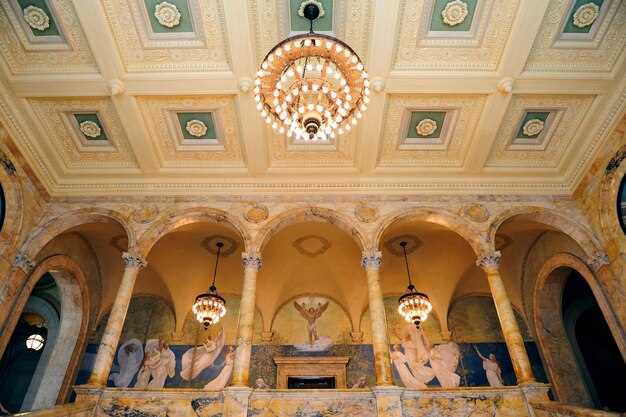 モスクワのユダヤ遺産 – シナゴーグ、美術館、文化センター">
モスクワのユダヤ遺産 – シナゴーグ、美術館、文化センター">

 モスクワ・モスクワフォーラムはどの程度安全ですか?安全のためのヒントと予想されること">
モスクワ・モスクワフォーラムはどの程度安全ですか?安全のためのヒントと予想されること">
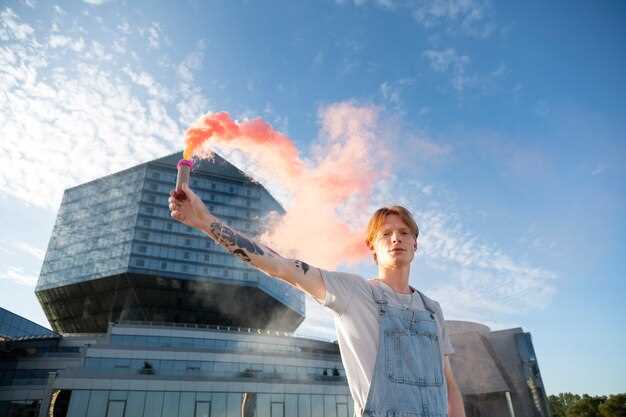 2019年 おすすめのロシアツアー | ExploRussiaと行くロシア旅行">
2019年 おすすめのロシアツアー | ExploRussiaと行くロシア旅行">
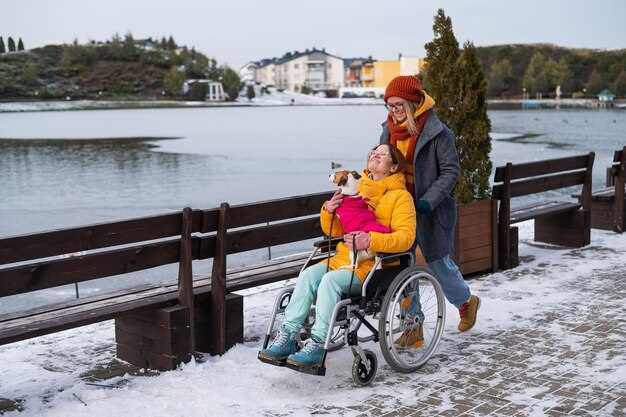 アクセシブル・モスクワ – 2025年版、障がいのある旅行者のための必須旅行情報">
アクセシブル・モスクワ – 2025年版、障がいのある旅行者のための必須旅行情報">
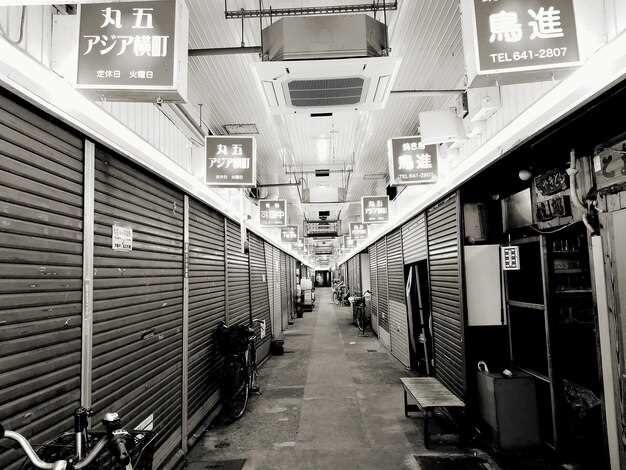 日本の駅ロッカー – 旅行者のための総合ガイド">
日本の駅ロッカー – 旅行者のための総合ガイド">
 最高のレストランとバー – 食、ドリンク、ナイトライフの総合ガイド">
最高のレストランとバー – 食、ドリンク、ナイトライフの総合ガイド">
 サモワールの魂:モスクワのシェフへのインタビュー 伝統的なロシア料理への洞察">
サモワールの魂:モスクワのシェフへのインタビュー 伝統的なロシア料理への洞察">
 緑の首都:モスクワのサステナブル・ツーリズム・イニシアチブと参加方法">
緑の首都:モスクワのサステナブル・ツーリズム・イニシアチブと参加方法">
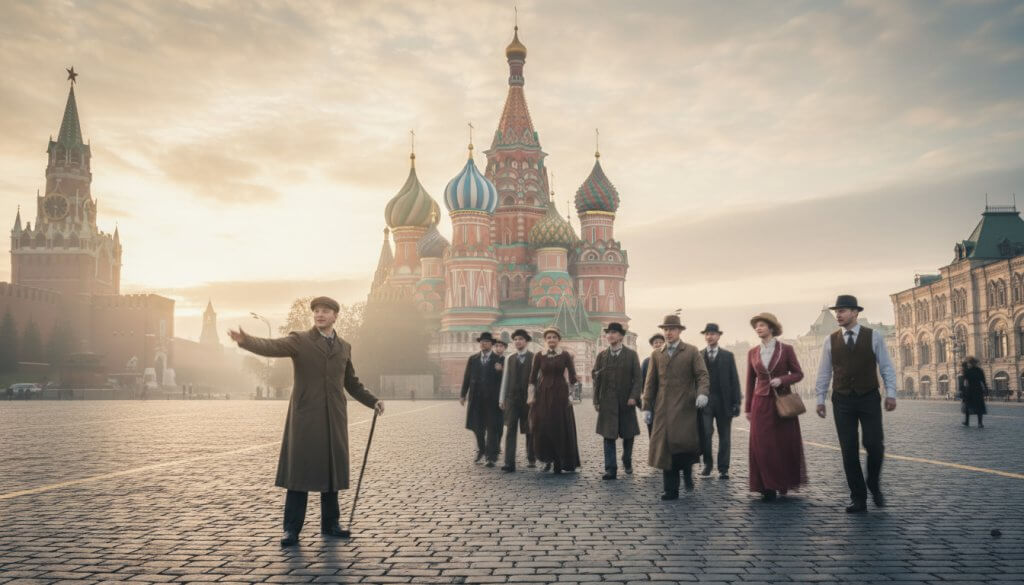 モスクワの歴史ウォーキングツアーTop10">
モスクワの歴史ウォーキングツアーTop10">
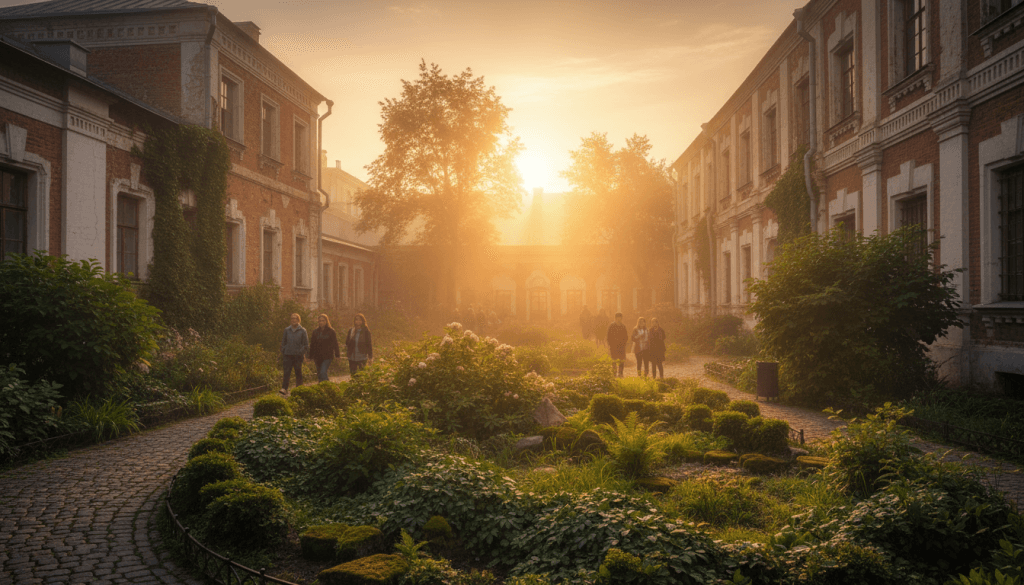 モスクワの秘密の花園と緑地を発見する">
モスクワの秘密の花園と緑地を発見する">
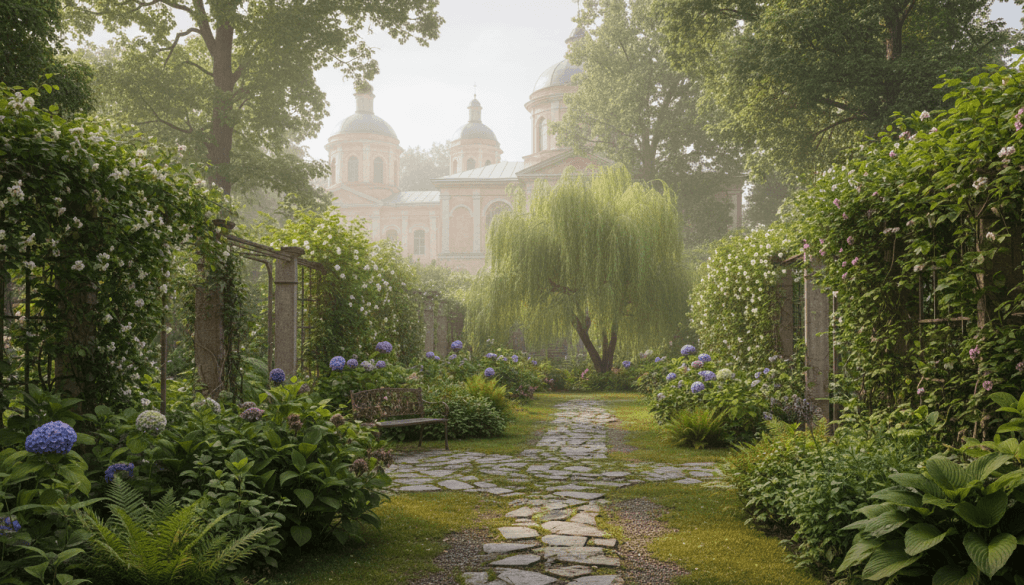 モスクワの知られざる庭園と緑地:新鮮な空気を吸い込もう">
モスクワの知られざる庭園と緑地:新鮮な空気を吸い込もう">